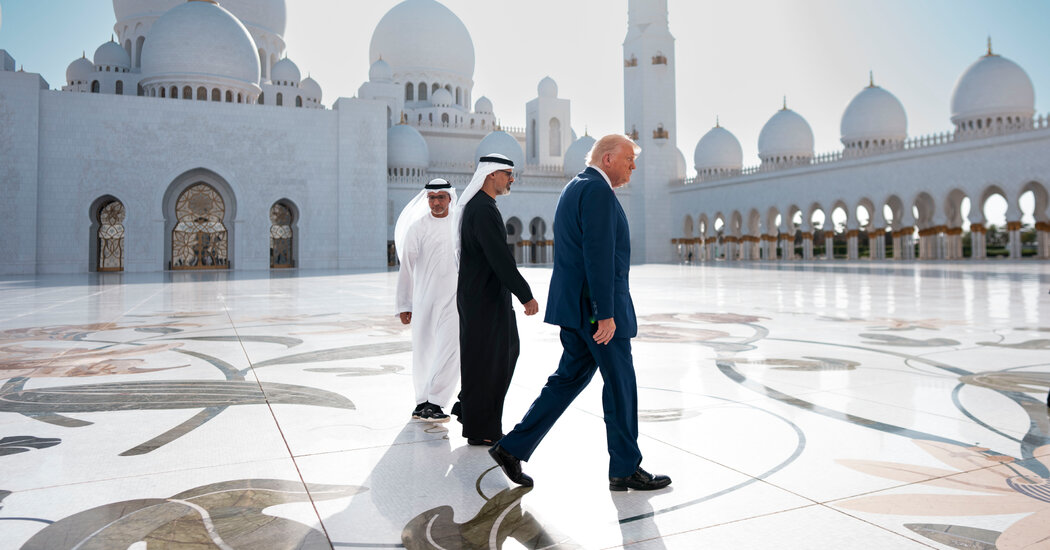APPLE IN CHINA: The Capture of the World’s Greatest Company, by Patrick McGee
A little more than a decade ago, foreign journalists living in Beijing, including myself, met for a long chat with a top Chinese diplomat. Those were different days, when high-ranking Chinese officials were still meeting with members of the Western press corps. The diplomat whom we met was charming, funny, fluent in English. She also had the latest iPhone in front of her on the table.
I noticed the Apple gadget because at the time, Chinese state news media were unleashing invectives on the Cupertino, Calif.-based company for supposedly cheating Chinese consumers. (It wasn’t true.) There were rumors circulating that Chinese government officials were being told not to flaunt American status symbols. The diplomat’s accouterment proved that wrong.
At the time, one could make the argument that China’s economic modernization was being accompanied by a parallel, if somewhat more laggardly, political reform. But the advent in 2012 of Xi Jinping, the Chinese leader who has consolidated power and re-established the primacy of the Chinese Communist Party, has shattered those hopes. And, as Patrick McGee makes devastatingly clear in his smart and comprehensive “Apple in China,” the American company’s decision under Tim Cook, the current C.E.O., to manufacture about 90 percent of its products in China has created an existential vulnerability not just for Apple, but for the United States — nurturing the conditions for Chinese technology to outpace American innovation.
McGee, who was the lead Apple reporter for The Financial Times and previously covered Asian markets from Hong Kong, takes what we instinctively know — “how Apple used China as a base from which to become the world’s most valuable company, and in doing so, bound its future inextricably to a ruthless authoritarian state” — and comes up with a startling conclusion, backed by meticulous reporting: “that China wouldn’t be China today without Apple.”
Apple says that it has trained more than 28 million workers in China since 2008, which McGee notes is larger than the entire labor force of California. The company’s annual investment in China — not even counting the value of hardware, “which would more than double the figure,” McGee writes — exceeds the total amount the Biden administration dedicated for a “once-in-a-generation” initiative to boost American computer chip production.
“This rapid consolidation reflects a transfer of technology and know-how so consequential,” McGee writes, “as to constitute a geopolitical event, like the fall of the Berlin Wall.”




